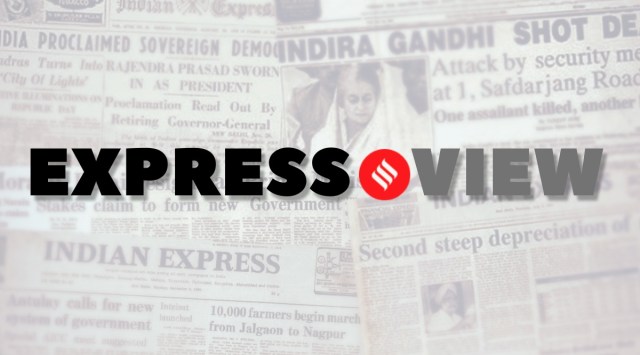
The cancellation of Iran foreign minister’s visit to Delhi, where he was scheduled to speak at a flagship foreign policy event organised by a private think-tank, as reported by The Indian Express, shows that there is no shortage of thin-skinned leaders in the world. The more authoritarian, thinner the skin, it would seem. Minister Hossein Amir-Abdollahian, who was to participate in the Ministry of External Affairs partnered Raisina Dialogue, scrapped his visit because of a two-second video included in promotional material for the event that showed Iranian women cutting their hair during a non-violent protest that began last September. When he accepted the invitation for what is an annual free exchange of ideas between government leaders, and foreign and security policy wonks from across the world, Abdollahian would have surely factored in the likelihood of being questioned about this unprecedented feminist mobilisation that continues to roil Iran to this day despite extreme steps by Tehran to suppress it.
Delhi has been quiet about the protests so far. But at the UN Human Rights Council session last November, India was one of 16 countries that abstained from voting on a resolution for a fact-finding mission on human rights violations committed by the Iranian regime as it tried to suppress the protests. An abstention can be interpreted in many ways, but the diplomatic bottomline is that India did not vote against the resolution — it was eventually adopted — the first sign that Delhi and Tehran were not on the same page on this issue. The refusal by the event organisers to pull the video as demanded by the Iranian foreign ministry is yet another push back by Delhi.
Diplomacy works in different ways. Despite their strategic partnership, India-Iran relations have had their share of difficulties, including the 2019 reimposition of sanctions against Tehran by the Trump administration, that saw Delhi end a long standing energy relationship with the country, unlike how it is continuing to do business with Russia despite the sanctions on Moscow in the wake of its invasion of Ukraine. India’s proximity to the US and Iran’s increasing proximity to China have also been a challenge to ties. Last summer, Tehran was among the Islamic capitals that reacted strongly during the Nupur Sharma blasphemy row. Delhi was relieved that Abdollahian did not cancel a scheduled visit at the time. But Iran’s read out of his meeting with National Security Adviser A K Doval caused some red faces in the government. In spite of all this, the strategic convergence between the two on issues such as connectivity through Chabahar, terrorism in the region and Afghanistan, not to speak of a “millennial” bond, has helped the two sides focus on the big picture, and move past their differences, as they will surely do this time too.